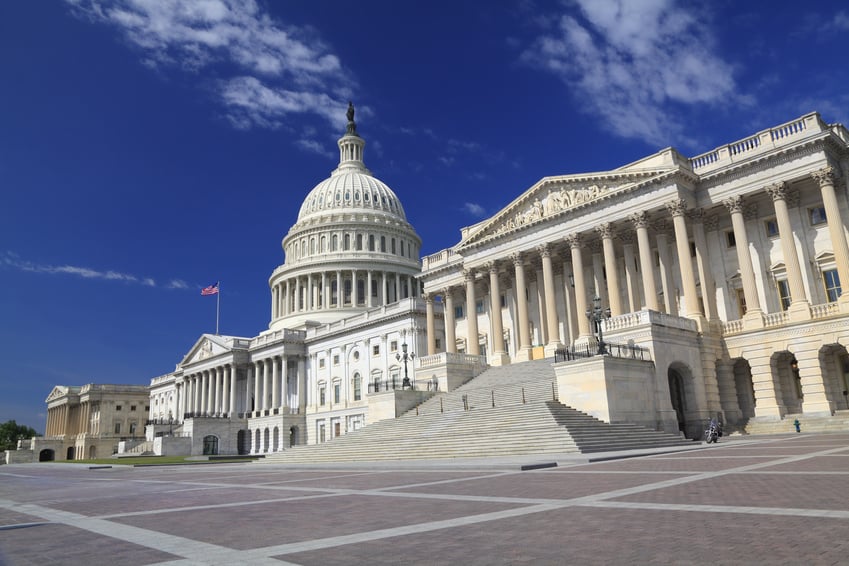Russia was deemed a market economy under US antidumping law since 2002
In brief
On November 9, 2022, the US Department of Commerce (“DOC“) revoked Russia’s market economy status for the purpose of US antidumping law. Russia’s re-designation as a non-market economy (“NME“) – an economy where prices are set by the government rather than through supply and demand – means that, in future antidumping cases, the DOC can use special dumping calculation methods that make it easier to impose antidumping duties, and to impose significantly higher duty rates, on imports from Russia.
The DOC’s decision is grounded in “extensive backtracking” in the Russian economy, especially since Russia’s invasion of Ukraine, on the NME criteria contained in US law, namely: (1) currency convertibility, (2) how wages are determined, (3) the climate for foreign investment, (4) government control of the means of production, (5) government control over firm business decisions, and (6) other appropriate considerations, such as corruption, the rule of law, the protection of property rights, and freedom of information.
Background
Prior to 2002, Russia was considered an NME for the purpose of US antidumping law. However, in 2002, Russia was designated a market economy and has enjoyed that status for 20 years. In October 2021, the DOC concluded its first review of Russia’s market economy status, through which Russia retained the status. However, there are have been significant developments since the October 2021 determination, and the DOC announced that it would continue monitoring the progress of economic reforms in Russia for the near future.
Prompted by the invasion of Ukraine, in May 2022, the DOC started another review Russia’s market economy status. The review was first tethered to an antidumping investigation on fertilizer from Russia and finalized under the antidumping investigation on emulsion styrene-butadiene rubber from Russia. Ultimately, the DOC concluded that, since the October 2021 review, the Russian economy had backtracked as concerns the six factors set out in US law for determining NME status:
- the extent to which the ruble is convertible into the currency of other countries;
- the extent to which wage rates in Russia are determined by free bargaining between labor and management;
- the extent to which joint ventures or other investments by firms of other foreign countries are permitted in Russia;
- the extent of government ownership or control of Russian means of production;
- the extent of government control over the allocation of resources and over the price and output decisions of enterprises; and
- any other factors the DOC considers appropriate to consider, namely corruption, the rule of law, the protection of property rights, and freedom of information.
On the basis of its analysis of these six factors, the DOC concluded that Russia should again be considered as an NME. This determination has important repercussions for both US and Russian companies.
Under US antidumping law, imports from a country designated as an NME (most notably China) are subject to different dumping calculation methods than imports from a country that is deemed to be a market economy.
As Russia is now again designated as an NME, the DOC can disregard prices and costs on the Russian market when determining the so-called fair value of products under an antidumping investigation, and replace these prices and costs with potentially higher, out-of-country benchmark prices. In practice, this makes it much easier to find dumping on imports from Russia, and the resultant antidumping duty level on such imports will be significantly higher.
NME treatment in antidumping cases is a contentious issue under the law of the World Trade Organization (“WTO“), and Russia had told the DOC that, in its view, the only WTO-consistent outcome of the review would be that Russia maintained its market economy status.
As context, across the Atlantic, the European Union’s DOC counterpart, the European Commission (“Commission“), has taken a formally different approach to Russia’s market economy status.
Spurred by a WTO challenge of the EU’s treatment of China as an NME, the Commission adopted a new dumping calculation methodology that revolves around whether there is substantial government intervention that significantly distorts certain prices or costs (including the costs of raw materials and energy) on the home market of an exporter. In principle, the Commission can conclude that there is a significant distortion in any sector in any country.
To assess whether a significant distortion exists, EU antidumping law requires considering six factors, which are reminiscent of those considered by the DOC:
- whether the market in question is served to a significant extent by enterprises which operate under the ownership, control or policy supervision or guidance of the authorities of the exporting country;
- whether there is state presence in firms allowing the state to interfere with respect to prices or costs;
- whether there are public policies or measures discriminating in favor of domestic suppliers or otherwise influencing free market forces;
- the lack, discriminatory application or inadequate enforcement of bankruptcy, corporate or property laws;
- whether wage costs are distorted; and
- whether access to finance is granted by institutions which implement public policy objectives or otherwise not acting independently of the state.
If the Commission finds that a significant distortion exists, it must use a dumping calculation methodology that has similar effects to the DOC’s NME methodology: using this methodology, it is easier to find dumping, and the dumping margins are likely higher.
Despite the fact that, in principle, a significant distortion can be found to exist in any sector in any country, the Commission has singled out China and Russia. That is: to assist petitioners in demonstrating that significant distortions exist, the Commission has the power to adopt reports that provide evidence of significant distortions. The two reports that have so far been published concern China and Russia.



